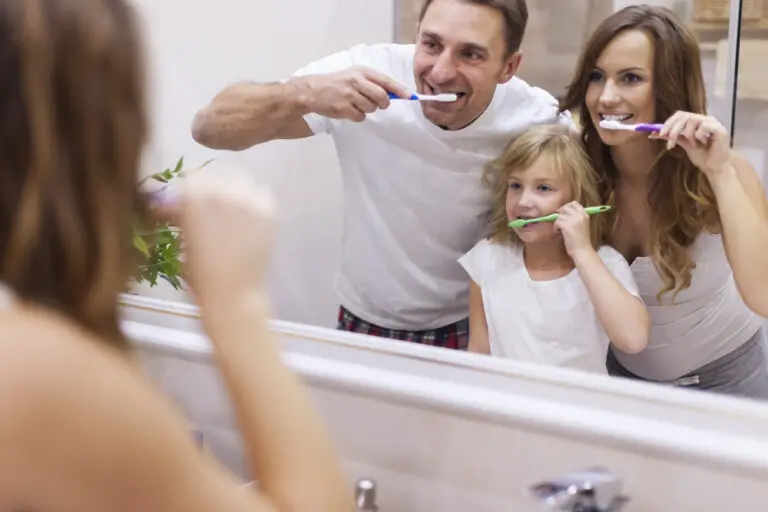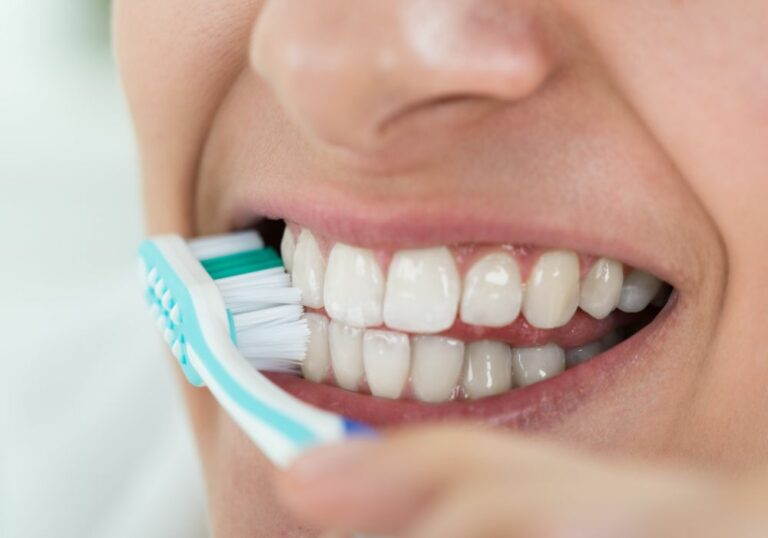Mouth guards are essential to the everyday lives of so many people. Some use it to keep themselves from grinding their teeth at night, while others wear it to protect their pearly whites while they’re playing their favorite sport. Others even use it to keep snoring at bay when they sleep.
And because mouth guards are essential to oral health and living life comfortably, there is a vital need to take care of these small but impactful dental appliances. One of the ways to properly maintain your dental mouth guard is by washing it properly when the need arises.
In this guide, we’ll share with you how to clean dental mouth guard. There are plenty of ways to do it, so there’s bound to be one that’s convenient and perfect for you. Let’s jump right into it!
Why Is It Important to Clean Your Night Guard?
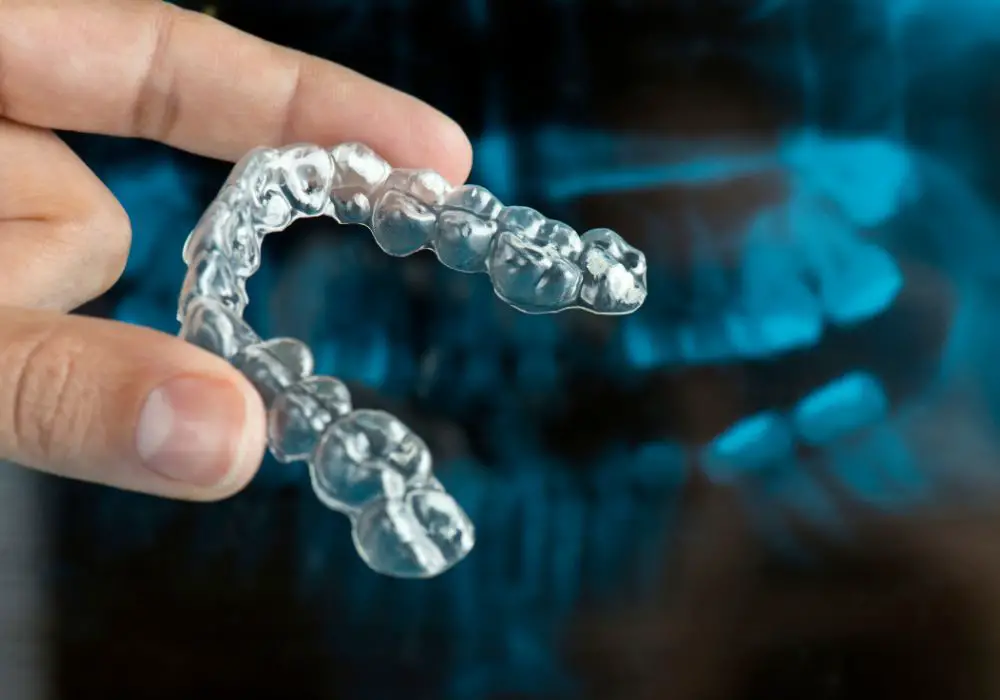
Mouth guards are prescribed to people for many reasons. If you’re suffering from a TMJ disorder that hurts your jaw because of unintentional teeth grinding, your dentist might give you a night guard. The guard will be custom-made so that it fits your teeth precisely.
There are also mouth guards to reduce the risk of getting your teeth knocked out if you’re an athlete, and some to help control sleep apnea.
But whatever your reason for wearing a mouth guard, you will always need to go out of your way to clean it properly. Here are three reasons why:
1. To maintain proper hygiene and keep bacteria at bay
Since your night guard is always in your mouth—which is almost always full of food particles—it’s highly susceptible to being a breeding ground for germs and bacteria. After you take out your guard, some of the plaque and tartar from your teeth might cling to it too.
If you wear a mouth guard that is full of bacteria, you could find yourself nursing an infection in your mouth. It can also lead to gum disease and other oral health problems. So, cleaning your mouth guard regularly is a must to keep your oral health in tip-top condition.
2. To control odors in your mouth guard
Bacteria growth, saliva, food debris, and fungal infections can also leave your mouth guard smelling a bit funky.
When you wear the guard again, you’ll feel uncomfortable because of the smell. You’ll also be terribly self-conscious that it’s giving you bad breath. To keep your mouth guard clean and fresh, you’ll need to wash it regularly.
3. To extend the lifespan of your mouth guard
Lastly, being diligent with cleaning your mouth guard extends its lifespan. Mouth guards usually last about 1-2 years. But if you don’t wash it regularly, the material used to make it might start to break down thanks to the buildup of bacteria, plaque, and other nasty stuff.
Cleaning your guard properly also prevents staining and discoloration. Guards are usually transparent, making your teeth look presentable when you wear them. But once they’re stained from plaque and food particles, wearing them will make you self-conscious instead of comfortable.
9 Ways to Clean Your Dental Mouth Guard
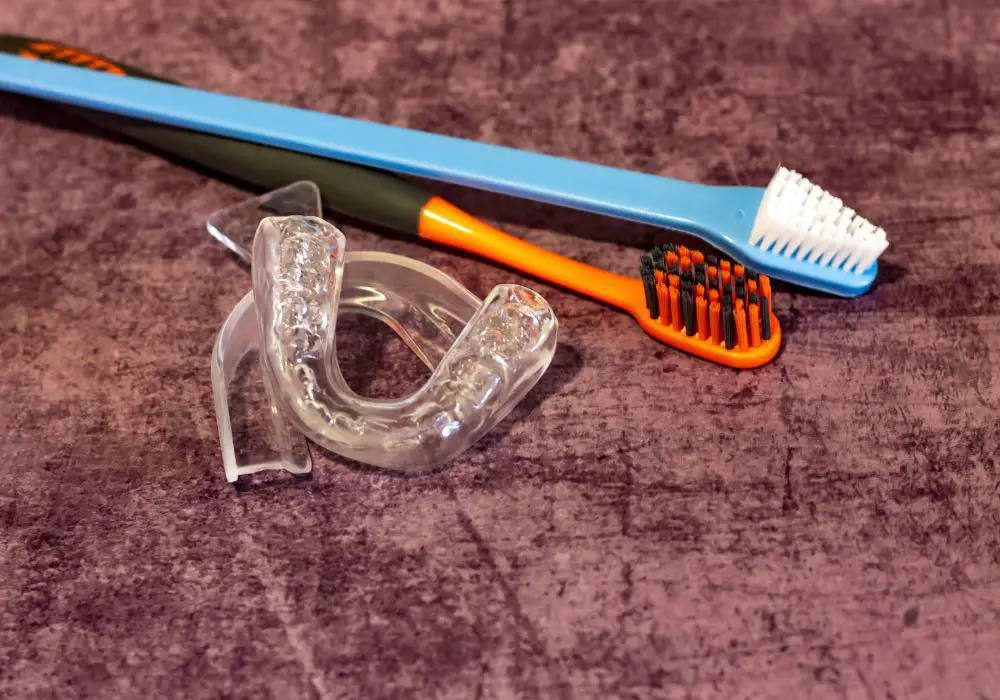
Make sure to clean your mouth guard at least once a month. But if you can sense that it’s smelling a little funky or has some visible staining, you can clean it more often than that.
There’s more than one way to clean your night guard when it’s due for a wash. Watch this dentist go through the many ways you can clean your night guard:
Want a more detailed description of how you can wash your night guard? Check out these easy nine ways to clean it.
1. Alcohol-free mouthwash
Mouthwash can help kill bacteria in your mouth guard the way it kills germs in your mouth when you gargle it. However, it’s important to only use alcohol-free mouthwash so that no strong chemicals break down the guard and destroy it.
To use it to clean your mouth guard, take a capful of mouthwash and pour it into a glass. Then, pour in water to dilute it. Keep adding water until there’s enough to submerge your mouth guard in. Then, drop your guard in and let it soak for 30 minutes. Then, take it out and rinse it with water.
2. Denture cleaner
If you or someone in your home uses dentures, you can use the denture-cleaning tablets to wash your mouth guard. These tablets are small but powerful. They keep bacteria and odors at bay, allowing your mouth guard to stay fresh.
Pop the tablet in a glass of water and wait for it to dissolve well. Then, drop your mouth guard in and keep it in the glass for 15-30 minutes.
When the time is up, take your guard out and rinse it under running water. Make sure to dry it first before wearing it or putting it back in its container.
3. Toothbrush and toothpaste
A more tedious yet very thorough way to clean your mouth guard is by taking a toothbrush and toothpaste to it. make sure to use non-abrasive toothpaste for this so it doesn’t break down the material the guard is made of.
Start by rinsing your guard with water. Then, take your soft-bristled toothbrush and apply a small amount of toothpaste to it. Carefully brush your guard, ensuring that every nook and cranny is cleaned thoroughly. Give extra attention to the areas where plaque and tartar are likely to build up.
After 2-3 minutes of brushing, run the guard under water to rinse off all the suds. Make sure there’s no leftover toothpaste residue left in it before you store or wear your guard again.
4. Hydrogen peroxide
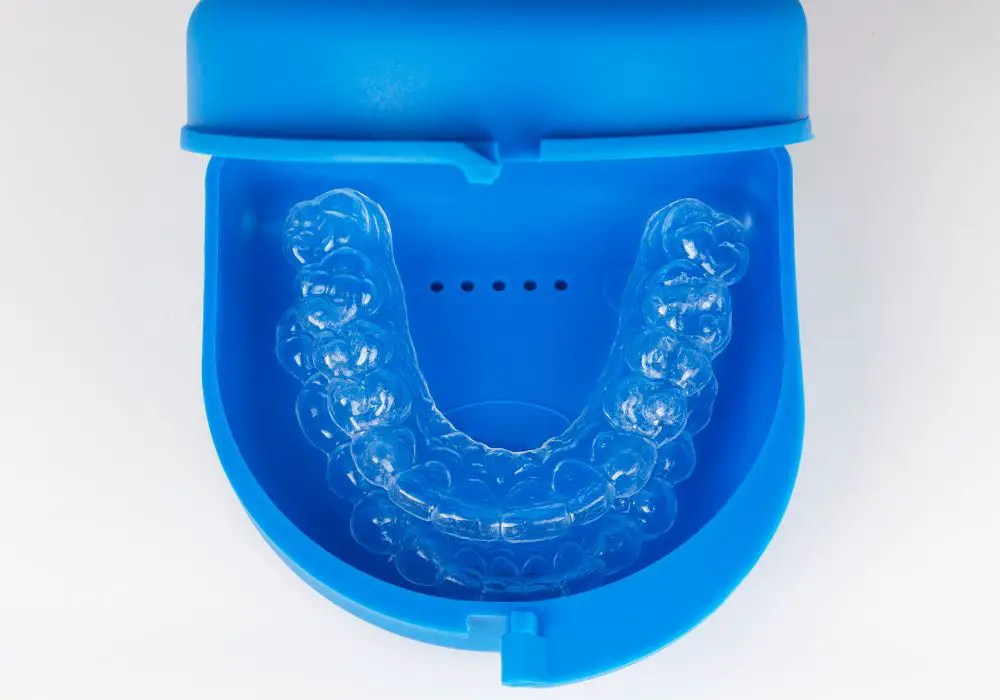
Hydrogen peroxide is an antiseptic that helps wash bacteria away from your mouth guard. Because it’s a cleaning agent, it can also get rid of stains, making your night guard look fresh and presentable again.
Combine 3% hydrogen peroxide with equal parts water and place it in a cup. Then, soak your mouth guard in the mixture for half an hour before rinsing it under running water.
5. Dish soap
Aside from oral care products, you can also use soap to clean your mouth guard. Dish soap is terrific for this since it’s meant to wash away the most stubborn food particles. If it works excellently for your dishwasher, it’s good enough for your mouth guard.
Use a clean, spare toothbrush to brush the soap gently over your mouth guard, making sure to focus on the inner areas that are prone to food debris buildup. Scrub patiently for 3-5 minutes and then rinse with water. Get rid of all the soapy residue before putting it back in your mouth.
6. Castile soap
If you’re worried about strong chemicals breaking down your mouth guard, you can try a gentle, organic soap, like Castile soap. You can use a toothbrush or your fingertips to lather up the soap and wash your mouth guard. Remember to rinse thoroughly with water afterward.
7. Antibacterial soap
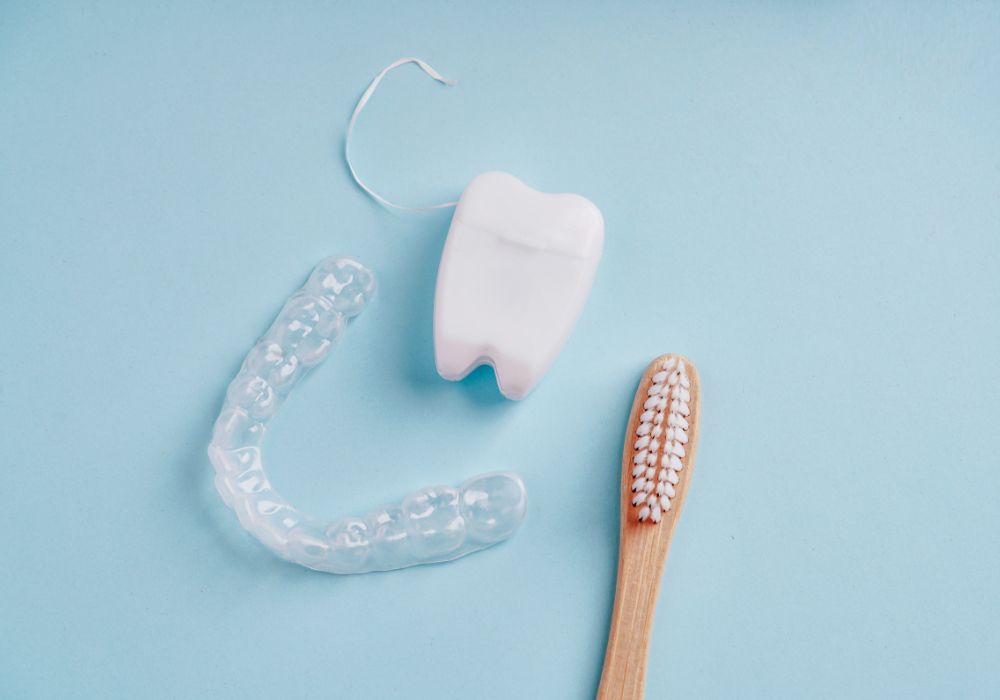
The last soap we have on our list is antibacterial soap, which is designed specifically to kill bacteria. So, they’re perfect for mouth guards. Make a mental note to only use soaps that are formulated without harsh chemicals, though.
As with the Castile soap, you can use your hands or a spare toothbrush to wash your guard with antibacterial soap. Then, rinse thoroughly before storing or wearing the night guard.
8. White vinegar
Yup, you heard us right. You can use white vinegar to clean your mouth guard. Vinegar contains acetic acid, which is a disinfectant known to destroy many types of bacteria—including those found in food particles left in your mouth.
To clean your mouth guard with white vinegar, dilute it with equal parts water in a cup. Then, drop your mouth guard in and let it soak in the solution for 20-30 minutes.
Finish off by taking the guard out and rinsing it in running water. Make sure to rinse well so that there’s no lingering vinegar taste or smell once you put on your mouthguard again.
9. Baking soda
Lastly, we have baking soda—another cleaning agent you might find in your kitchen cupboard. Not only can baking soda clean your mouth guard, but it can get rid of foul odors that have latched onto it.
To clean your mouth guard with baking soda, you must first make a paste with it. Put a couple of tablespoons of baking soda into a small bowl and add enough water to create a pasty texture. Then, take your spare toothbrush, scoop up some of the paste, and scrub it all over the guard.
Once you’re confident you’ve gotten every crevice of your mouth guard, rinse it under running water to get rid of every bit of baking soda.
Conclusion
Cleaning your mouth guard once a month is an extra step in your nightly routine, but it’s more than worth it for prolonging the life span of your guard. By washing it thoroughly and getting rid of bacteria and food debris in it, you’re also taking care of your oral hygiene and health.
You can use any of the methods we listed above to clean your mouth guard. From super convenient soaps that are likely already in your bathroom to essential dental products like mouthwash and toothpaste, there’s always an easy way to clean your dental mouth guard.

